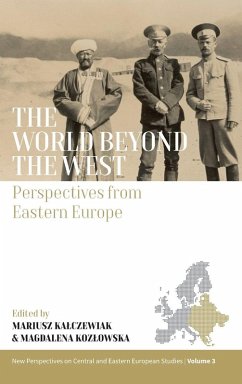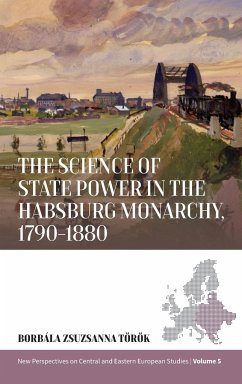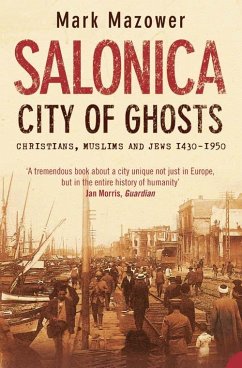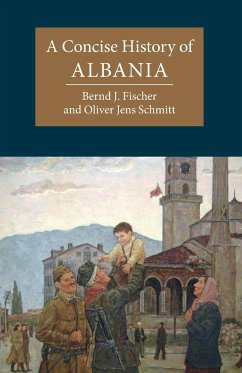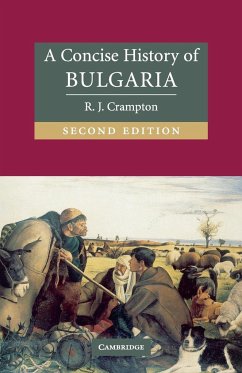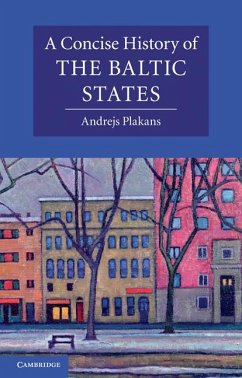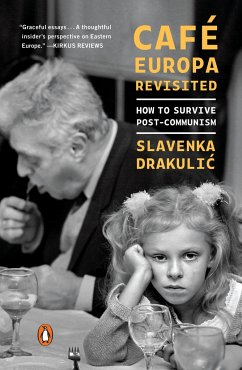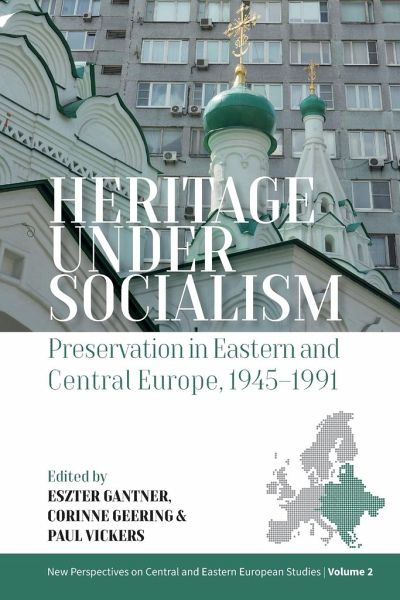
Heritage under Socialism
Preservation in Eastern and Central Europe, 1945-1991
Herausgeber: Gantner, Eszter; Vickers, Paul; Geering, Corinne

PAYBACK Punkte
17 °P sammeln!
Heritage under Socialism enriches the conceptual, methodological and empirical scope of heritage studies. Its transnational approach highlights the socialist worldâ s diverse interpretations of heritage and its trajectories in post-socialist preservation practices, thus providing new perspectives on the way heritage has been shaped in the recent past.




